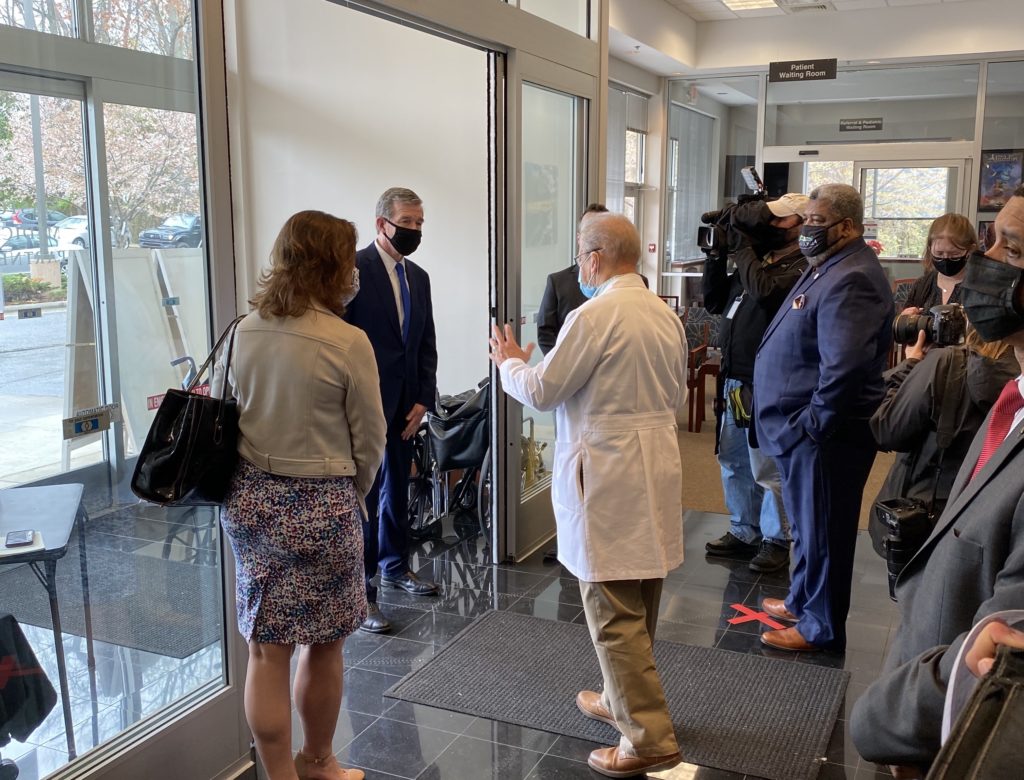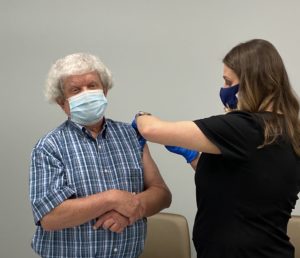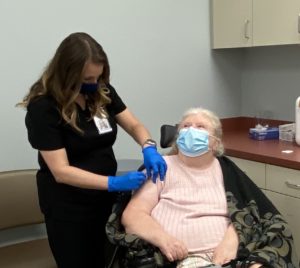Parents start out with multiple newborn visits and vaccinations, but as kids grow it can be easy to forget to schedule an annual exam following the American Academy of Pediatrics recommended calendar for preventive healthcare. Life gets hectic and it’s hard not to wonder if parents really need to miss that important meeting and pull their child out of school when they seem generally healthy.
Annual checkups with your child’s doctor are an important part of their wellness and keeps them up to date with immunizations, development and parents informed. The physicians at Gaston Medical Partners want parents to remember these five reasons to schedule their child’s annual exam today.
1. Help Prevent Health Issues
Benjamin Franklin famously stated in 1736 that “An ounce of prevention is worth a pound of cure.” He may have been referring to fighting and preventing fires, but this phrase can certainly be extended to one’s health. There are several illnesses that present without symptoms. If a child has an annual check-up, it can be easier to identify potential problems and allow their doctor an opportunity to treat them.
Another important factor in prevention is regular immunizations and ensuring children are up to date on all vaccinations. This annual check-up also provides an opportunity to review proper nutrition, safety in the home and at school. Doctors want to help prevent injuries and promote healthy habits.
2. Track Growth Patterns
From the nick marks on the door frame to the height chart at amusement parks, children and parents alike enjoy seeing how much growth happens in a year’s time. Growth is an excellent indicator of health, including if a child is underweight or overweight. As they grow, their bodies are going through a lot and it’s important for their doctor to monitor these changes closely to see if the development is happening at a normal rate.
For parents or children with concerns about class grades or schoolwork, these exams also provide an opportunity to intervene early on from an intellectual and educational standpoint and further address any potential behavioral or academic issues.
Doctors typically discuss hearing or vision concerns, healthy sleep patterns, eating habits and promote nutritious food choices. In addition, they may screen older children or teenagers for cholesterol and high blood pressure to test for high risks of cardiovascular disease.
3. Monitor Developmental Milestones
Annual exams allow for assessment of proper development and milestone achievement. When a doctor sees a child annually, they can track physical, emotional and educational milestones and indicate if intervention is needed. This can help prepare children and parents for school recommendations and set them up for better success later in life.
4. Monitor Behavioral Milestones
Typically, after the age of two, doctors start to screen for behavioral concerns. Parents share information that can help doctors pinpoint milestones that aren’t being met, like speech, walking and behavioral issues that parents and caregivers might not think to ask about.
If a parent has behavioral concerns, they could be the result of anxiety, hearing difficulties and vision challenges, which are medical issues a doctor can treat.
5. Ask Questions
Having a check-up on an annual basis provides an opportunity to review a child’s development, compare growth to previous years and discuss school readiness. Are they on par, lagging or ahead of their peers? Most parents prefer to time their annual appointment before the school year starts to discuss their child’s emotional development or readiness for what’s ahead.
Check-ups also allow young ones a chance to get comfortable seeing their doctor regularly. This assures that when children get older, they feel comfortable talking with their doctor about different things as they age including sexual and mental health concerns, they may not want to share in front of their parents.
Having an opportunity to talk with your child’s doctor can be helpful and put the parent’s minds at ease. Whatever time you choose to book an annual exam, make it one that is easy to remember, whether that means lining it up with the child’s birthday or an annual flu vaccine.
Doctors want and should be part of this village that we need to help raise healthy, happy children, and they can’t do that if they don’t see them often enough. Go ahead and schedule that annual visit today.



